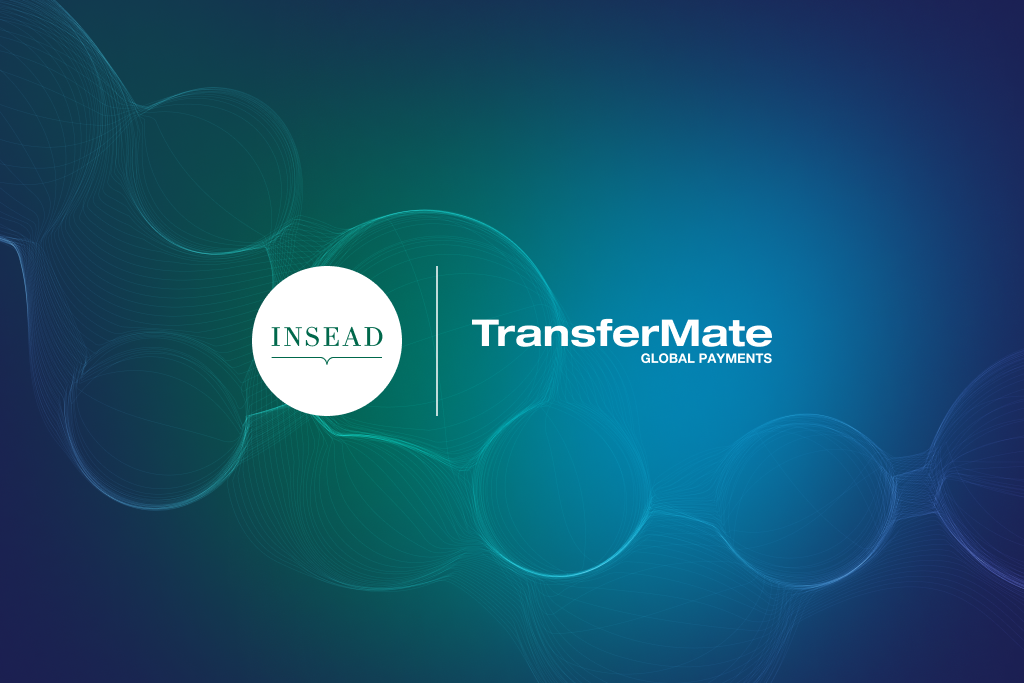712 million people, according to The World Bank, live in poverty. Read that again. That is around 9% of the world’s population. In perspective, the figure is more than double the population of the United States.
With such monumental figures, how can impoverished people uplift themselves from poverty? How can they access fresh food, clean drinking water, and education? Humanitarian causes are one step to take, and non-governmental organizations (NGOs) lead the charge.
In an NGO, every dollar counts toward advancing these causes. The efficiency of financial operations is not just a matter of numbers but a direct contributor to the success of an NGO’s mission. From fundraising to project execution, cost-effective and seamless international payment processes make a palpable difference in maximizing impact, underscoring their crucial role in the process.
5 Ways NGOs can improve their international payment capabilities
In this article, we’ll explore how NGOs can leverage modern fintechs and their networks to facilitate effective payments. So that they can bring tangible benefits to underprivileged areas.
1. Navigating complex financial environments

By their nature, NGOs operate in a complex financial landscape, often spanning multiple countries and exotic currencies.
Finance teams in NGOs are at the forefront of operating in diverse regulatory frameworks, compliance requirements, and foreign exchange fluctuations. These complexities can often hinder operational efficiency and divert resources from core mission objectives, making their role even more challenging.
Modern fintechs offer a game-changing solution. They provide increased control over foreign exchange costs and processing fees. With FX rate holdings, you can lock in a rate that suits you while you send payments. Little or no fees mean NGOs can save on the costs of sending money internationally, leading to more free cash to create tangible effects on people’s lives.
In other words, NGOs can now deal with all this financial complexity at scale.
2. Multi-currency capabilities, including exotic ones
Many organizations operate consistently in a few currencies. They can predict with great accuracy how many currencies they’ll handle in a year.
This is not the case with NGOs. They have to be agile in where they operate, moving into new jurisdictions quickly when crises arise. Many of these jurisdictions will operate in ‘exotic currencies’ not typically covered by regional, national, or even global banks.
Fintechs have built global financial infrastructures that allow them to move local currencies quickly and effectively into more countries than was ever possible before. NGOs that use these fintechs as payment partners can leverage these networks, allowing them to move funds across the world where they are needed.
“The fact that TransferMate offered so many currencies was a big deal for us” – Reneé Thompson, Accounts Payable Manager, Opportunity International
3. Timeliness of payments is crucial in effective payments for NGOs

NGOs operate in spaces where resources are needed fast. A few days awaiting payments to settle could literally mean the difference between life and death.
“Speed is important to us. We come into situations very frequently where we need to send payments urgently. A lot of our grantees can be in a difficult position, and they just don’t have readily available funds…” - Danny Andrews, Senior Accountant at Malala Fund.
Using the traditional banking network to send money internationally means NGOs can’t be as responsive to the needs of the people they support.
In the world of fintechs, the infrastructure developed expedites the transfer of funds, even into more exotic currencies. NGOs with boots on the ground can then access those funds sooner. In turn, they can create a direct impact swiftly, ensuring that those who need aid receive it faster.
4. Streamlining payment processes
Of course, admin time also affects the speed of payments in NGOs. Human error or transfers that disappear into the ether of complex banking systems are also major speed bumps for funds traveling internationally.
NGOs can leverage modern payment solutions tailored to their unique needs to overcome these challenges. Online payment platforms offer secure and automated processes to send and receive funds globally. They can also track payments, just like a package delivery. Meaning NGO employees aren’t stuck waiting weeks to recoup their funds, while they remain without that money to put to use.
By centralizing payment processes through a single platform, NGOs can streamline operations, reduce administrative overhead, and minimize manual errors.
“It {TransferMate} really decreased that manual work for per-bill payment. Instead of taking maybe 15 to 20 minutes per bill payment, it was down to a few minutes per bill payment, which was a lot simpler.” – Dale Johnson, Manager, Accounting Operations at HOPE International.
5. Preventing fraud leads to effective payments for NGOs

Compliance with regulatory requirements is a fundamental aspect of financial management for NGOs. Finance professionals must stay abreast of relevant regulations, including anti-money laundering (AML) and know-your-customer (KYC) requirements, to ensure adherence to legal standards and mitigate the risk of financial impropriety.
Platforms have these AML and KYC checks baked in and are regulated to be compliant. For example, a company’s power comes through the hard work it’s put into securing propriety licenses in jurisdictions worldwide, coupled with partners to ensure its compliance with international regulations within those jurisdictions.
Armed with this, NGOs will know at the point of payment whether their payments comply with regulations. And won’t be stung when time-sensitive payments are blocked from being sent to a region in dire need of resources.
Harnessing technology for efficiency in NGOs payments
Advancements in financial technology present solutions for enhancing payment efficiency in NGOs. Payment platforms with stringent security and compliance features offer finance professionals tools to manage payments securely while streamlining regulatory processes.
Automations reduce manual workloads, accelerate transaction processing, and enhance overall operational efficiency.
With a focus on compliance, currency management, and technological innovation, finance professionals in NGOs can confidently navigate the complexities of cross-border payments, empowering their organizations to make a meaningful impact on global humanitarian challenges.
719 million people may live in poverty today. But in the future, that number can be reduced through the operational efforts of these NGOs, with a little help from their payment partners.
Contact TransferMate today to see how you can make your NGO’s international payments and receivables more effective.

.jpg)






